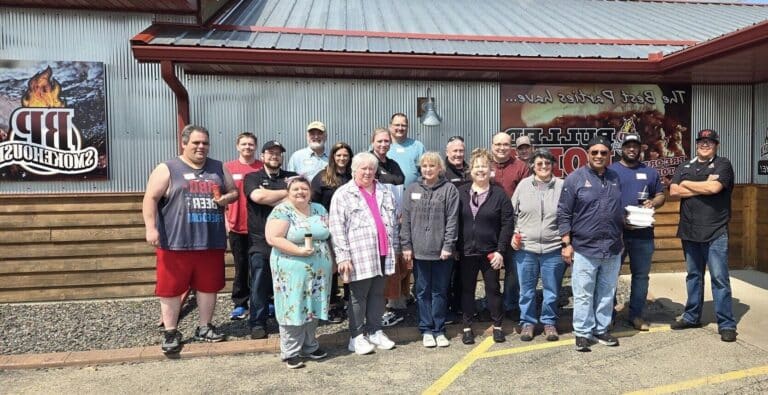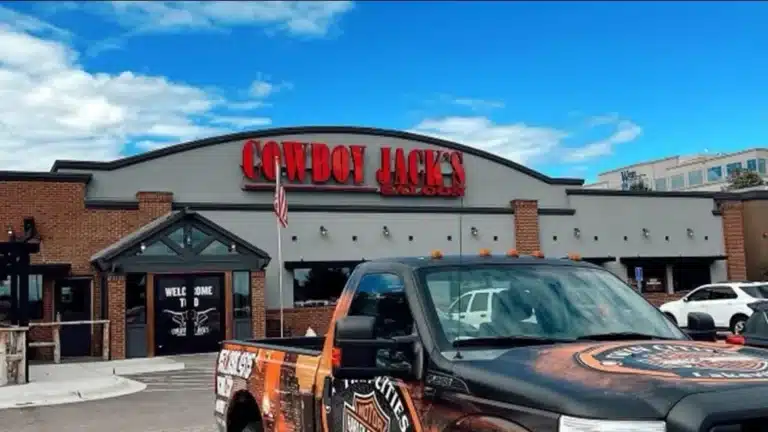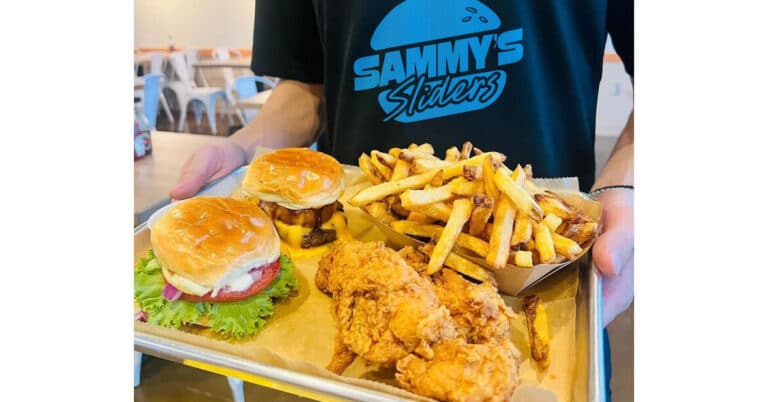Jollibee Franchise FDD, Profits & Costs (2025)

Jollibee is a Filipino fast-food franchise known for its fusion of Western-style fast food with Filipino flavors. Founded in 1975 as an ice cream parlor offering hot meals and sandwiches, it evolved into a fast-food chain in 1978 and began franchising in 1979.
Today, Jollibee is the largest fast-food chain in the Philippines, operating over 900 stores domestically and more than 100 internationally. The brand’s headquarters is located in Pasig City, Philippines.
Jollibee’s success is rooted in its unique menu that features items like the “Yumburger” and “Chickenjoy,” catering to Filipino tastes while appealing to a global audience. Its ability to incorporate local flavors in each market it enters differentiates it from other fast-food chains.
Despite challenges competing with established brands, Jollibee emphasizes a family-friendly dining experience and is represented by its well-loved mascot, Jollibee.
Though not currently accepting new franchise applicants through some platforms, Jollibee continues to expand and operate successfully as a franchise both in the U.S. and globally.
Initial Investment
How much does it cost to start a Jollibee franchise? It costs on average between $1,635,000 to $4,888,000 to start a Jollibee franchised restaurant.
This cost varies based on the final store size and facilities. The franchise agreement term is 10 years, with the possibility of renewing for an additional 10-year term if specific requirements are met.
Jollibee offers 2 types of franchises:
| Type of Expenditure | Amount |
|---|---|
| Free-standing Jollibee® restaurant | $2,131,495 to $4,888,004 |
| In-line restaurant | $1,635,461 to $3,246,560 |
We are summarizing below the main costs associated with opening a Free-standing Jollibee® restaurant.
For more information on the various types of franchises and its costs, refer to the Franchise Disclosure Document (Item 7).
| Type of Expenditure | Amount |
|---|---|
| Initial Franchise Fee | $40,000 to $40,000 |
| Lease Review Fee | $1,500 to $1,500 |
| Real Estate | $6,106 to $25,148 |
| Soft Costs | $120,000 to $400,000 |
| Site Work | $20,000 to $600,000 |
| Leasehold Improvements | $1,200,000 to $2,000,000 |
| FF&E, Signage, and Technology | $380,000 to $450,000 |
| Initial Training | $20,000 to $35,000 |
| Opening Supplies | $12,500 to $25,000 |
| Insurance | $10,000 to $20,000 |
| Utility Deposits | $3,000 to $5,000 |
| Business Licenses | $300 to $600 |
| Grand Opening Advertising | $15,000 to $15,000 |
| Additional Funds – 3 months | $303,089 to $1,270,756 |
| Total Estimated Initial Investment | $2,131,495 to $4,888,004 |
Jollibee Franchise Disclosure Document
Frequently Asked Questions
How many Jollibee locations are there?
As of the latest available data, Jollibee operates 77 stores globally. This includes both franchise-owned and company-owned locations.
What is the total investment required to open a Jollibee franchise?
The total investment required to open a Jollibee franchise ranges from $1,635,000 to $4,888,000.
What are the ongoing fees for a Jollibee franchise?
Jollibee franchisees are required to pay a royalty fee of around 5% of the store’s gross sales. This fee is paid regularly to Jollibee Foods Corporation and is a standard requirement for maintaining the franchise’s rights and benefits, such as operational support and brand use.
Additionally, franchisees are required to contribute to the brand’s marketing fund, which typically ranges from 2-3% of gross sales. This marketing fee is allocated to national advertising campaigns, promotional materials, and overall brand development to support franchise growth and visibility.
Who owns Jollibee?
Jollibee is owned by Jollibee Foods Corporation (JFC), a multinational company based in the Philippines. JFC is a publicly traded corporation on the Philippine Stock Exchange and is one of the largest and most successful restaurant chains in Asia, owning several other popular brands in addition to Jollibee, such as Chowking, Greenwich, and Red Ribbon.
Disclaimer
Disclaimer: This content has been made for informational and educational purposes only. SharpSheets is an independent educational resource and is not affiliated with, endorsed by, or representing any franchisor mentioned on this website. Where noted, figures are taken from the franchisor’s Franchise Disclosure Document (FDD). In some cases, we may provide independent calculations or estimates based on publicly available information. We do not make any representation or warranties with respect to the accuracy, applicability, fitness, or completeness of the information presented in the article. You should not construe any such information or other material as legal, tax, investment, financial, or other professional advice. Nothing contained in this article constitutes a solicitation, recommendation, endorsement, advertisement, or offer to buy or sell any franchises, securities, or other financial instruments in this or in any other jurisdiction in which such solicitation or offer would be unlawful under the franchise and/or securities laws of such jurisdiction.
All content in this article is information of a general nature and does not address the detailed circumstances of any particular individual or entity. Nothing in the article constitutes professional and/or financial and/or legal advice, nor does any information in the article constitute a comprehensive or complete statement of the matters discussed or the law relating thereto. You alone assume the sole responsibility of evaluating the merits and risks associated with the use of any information or other content in this article before making any decisions based on such information or other content.




